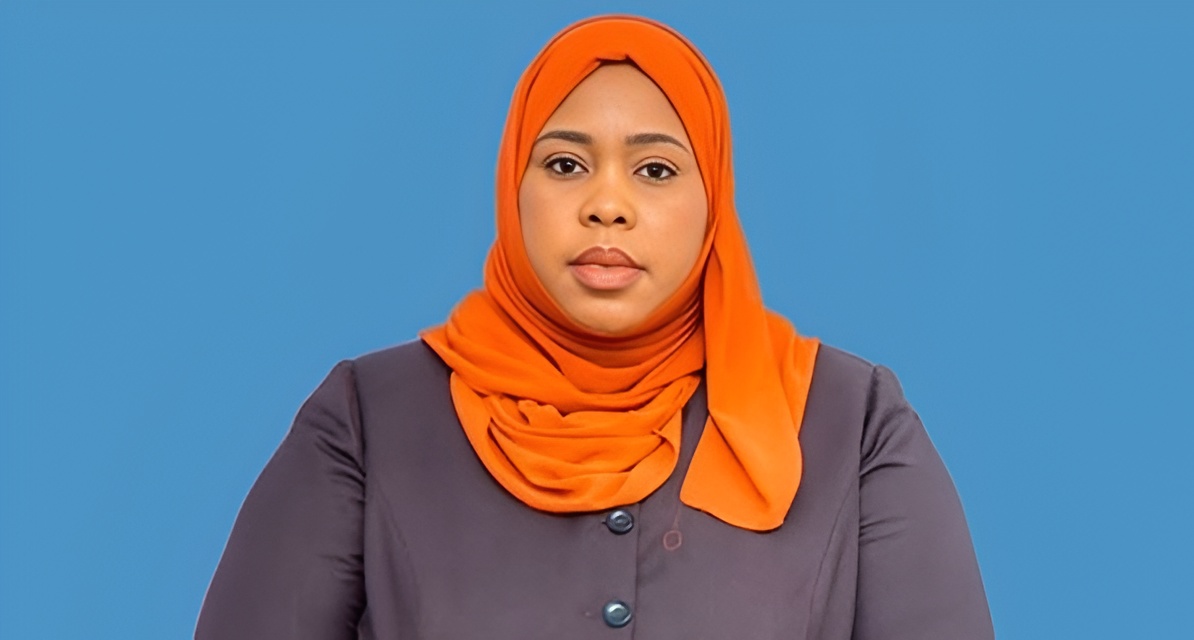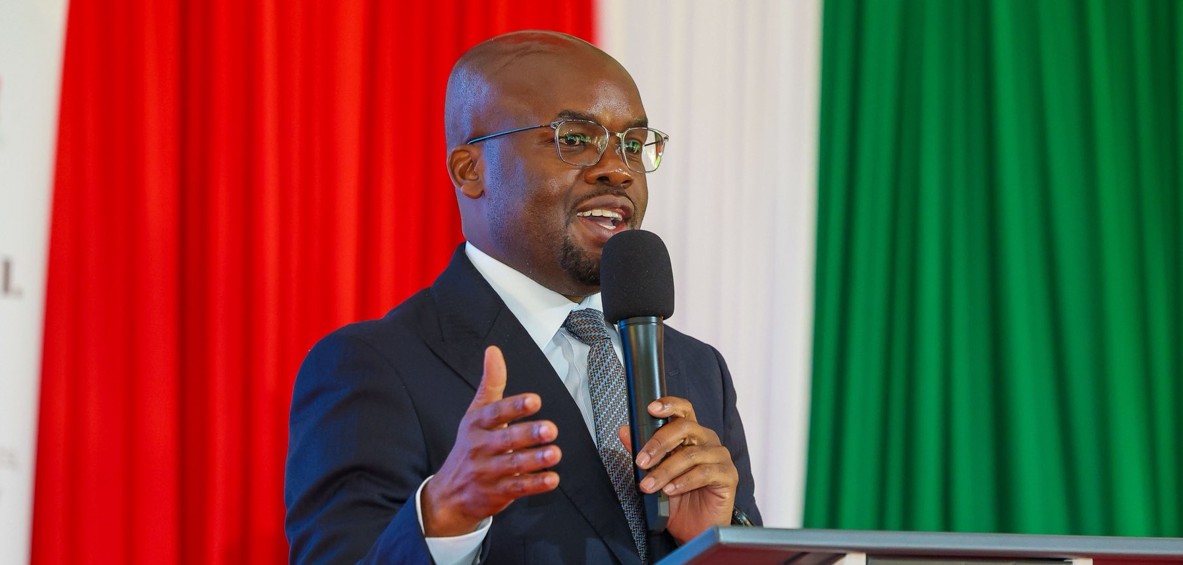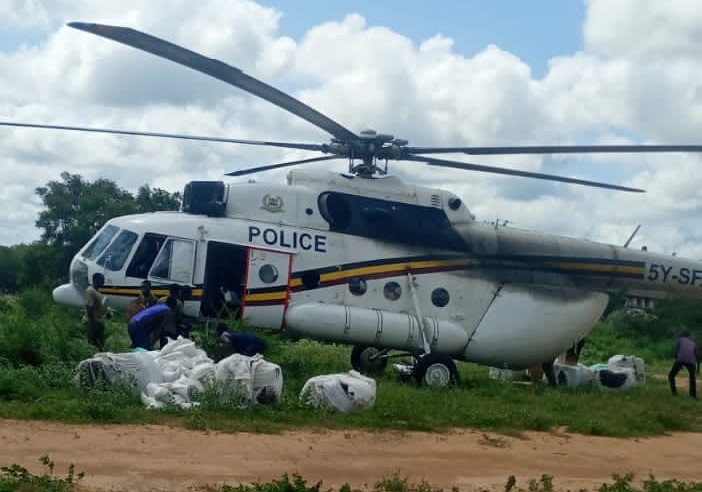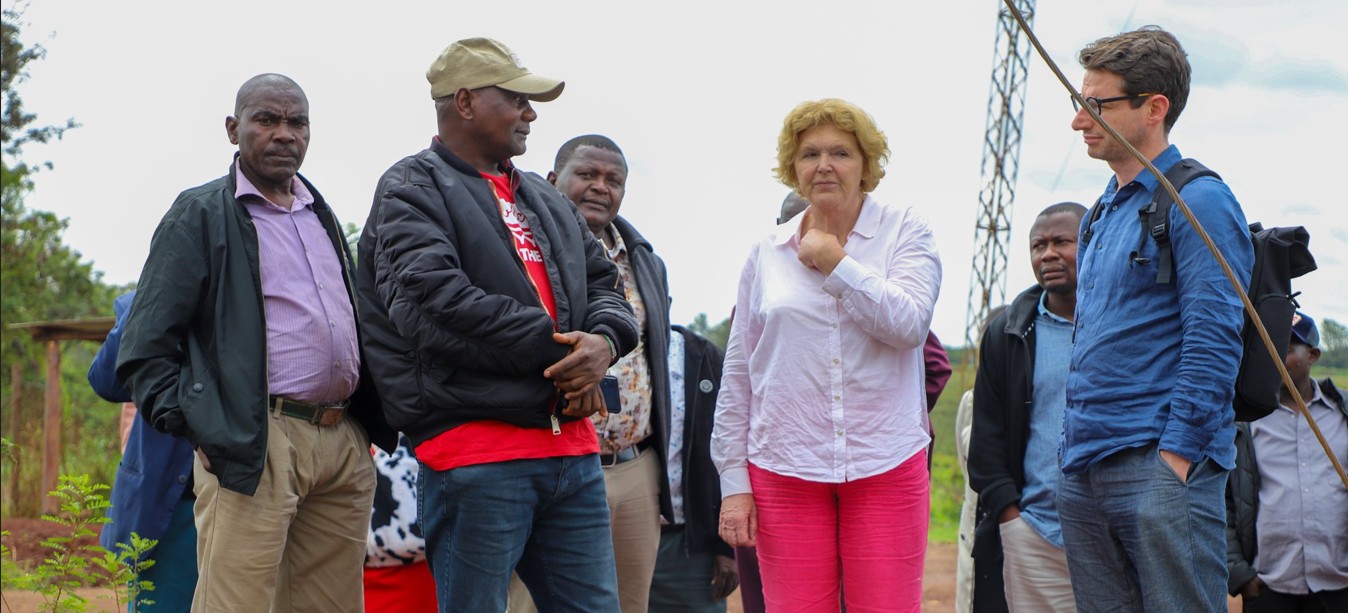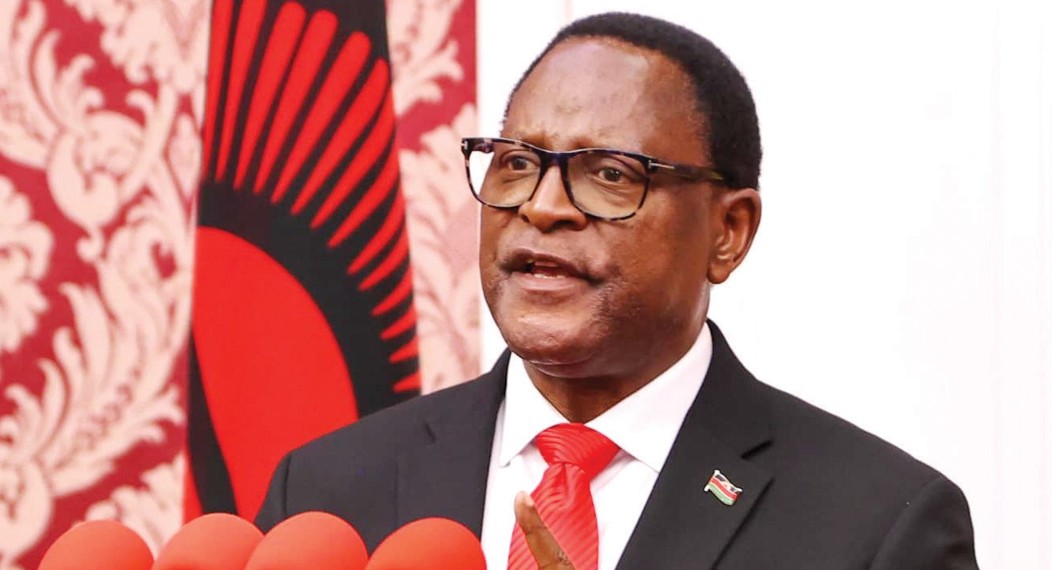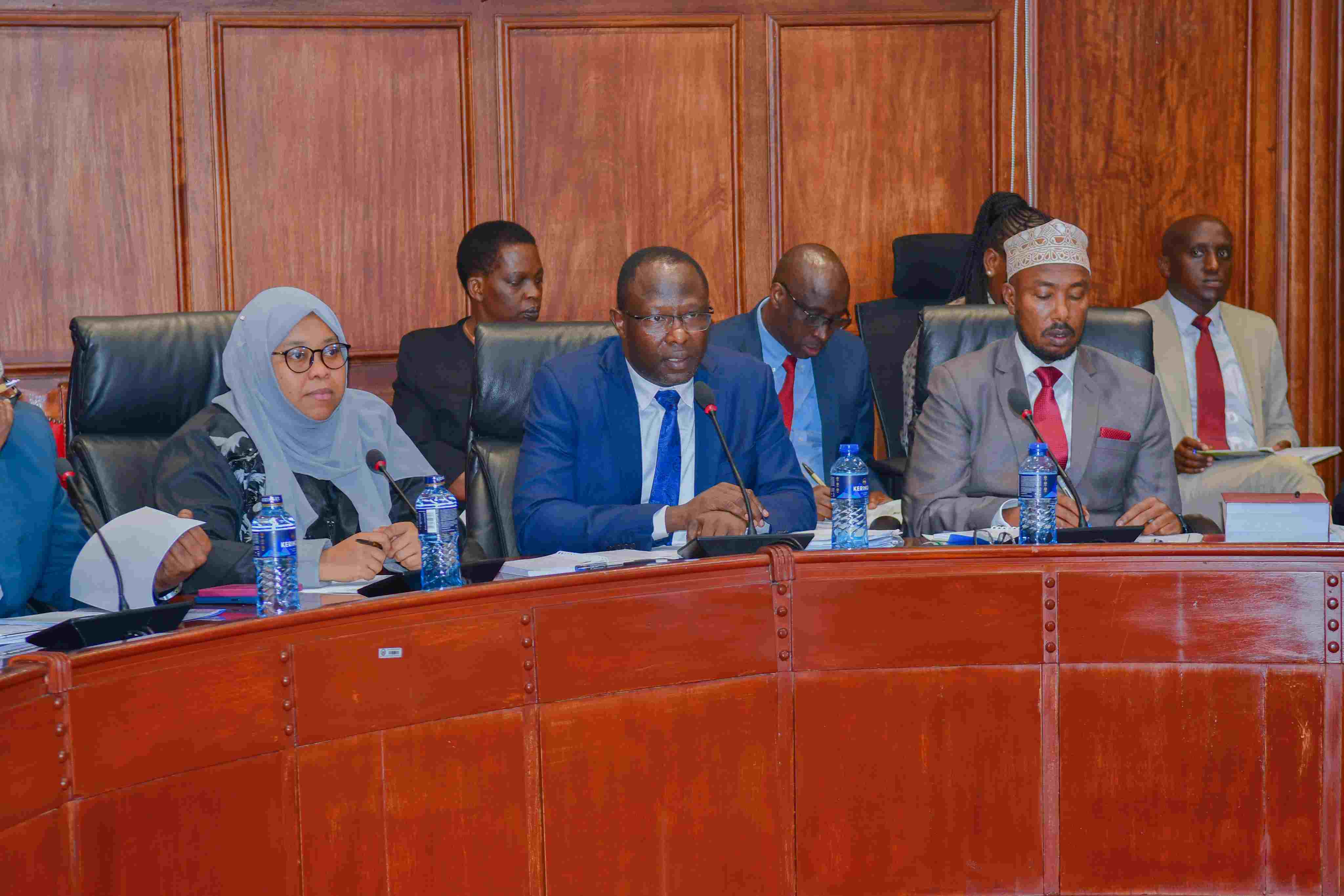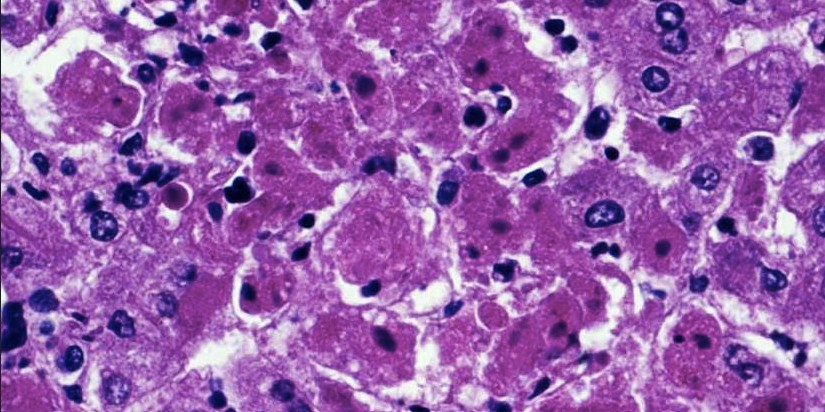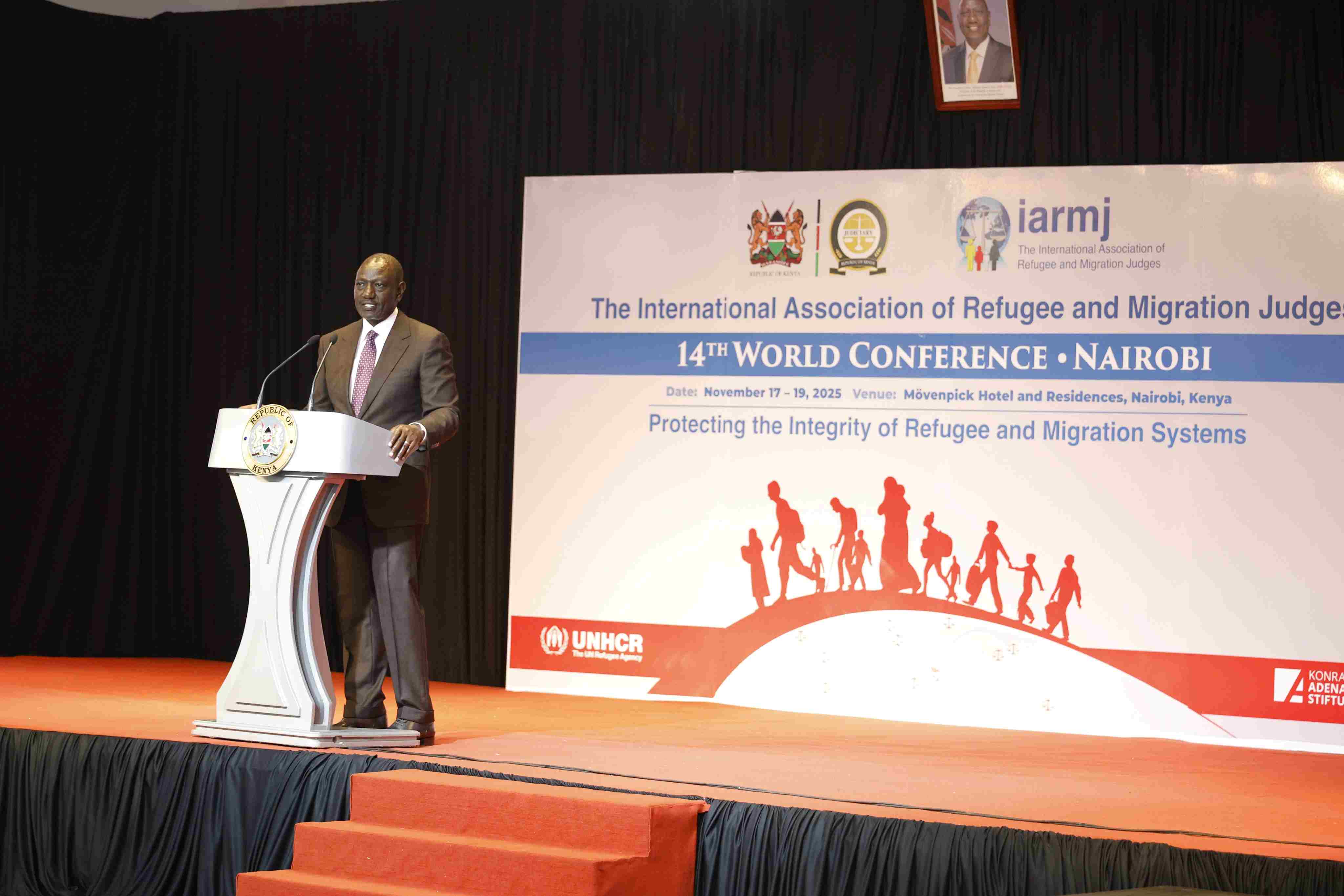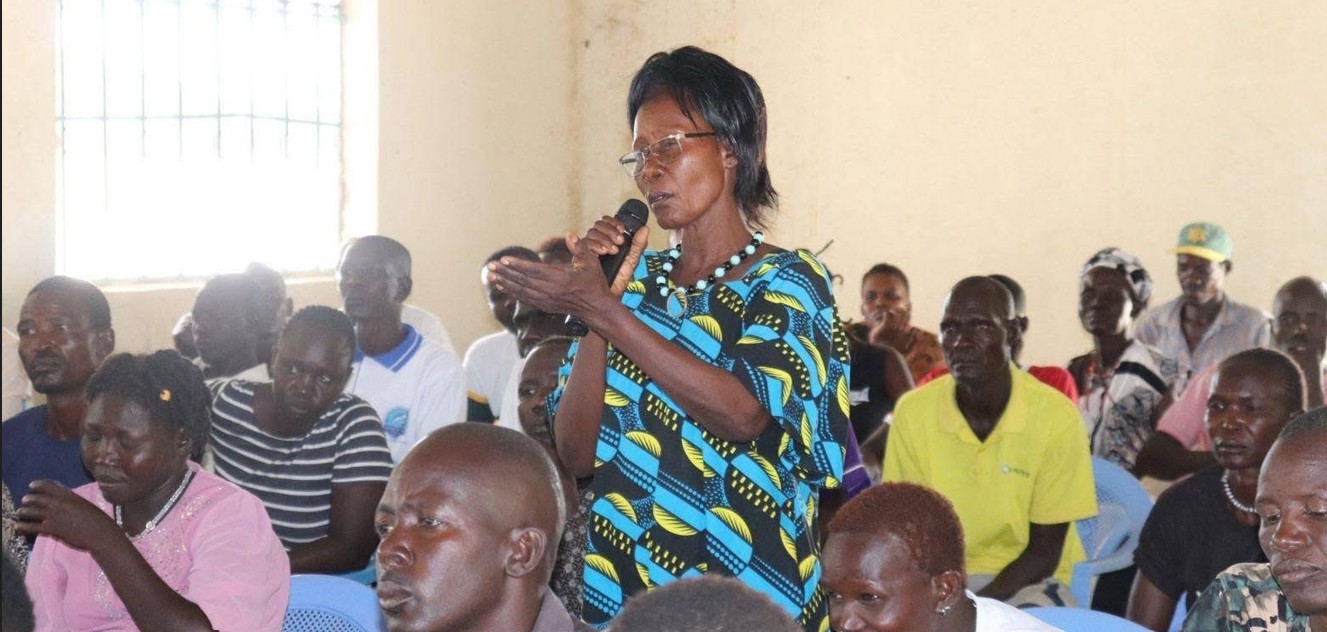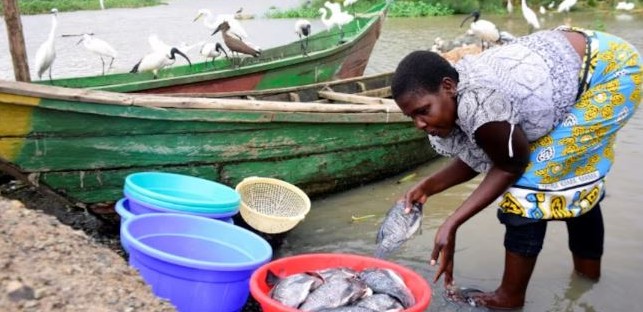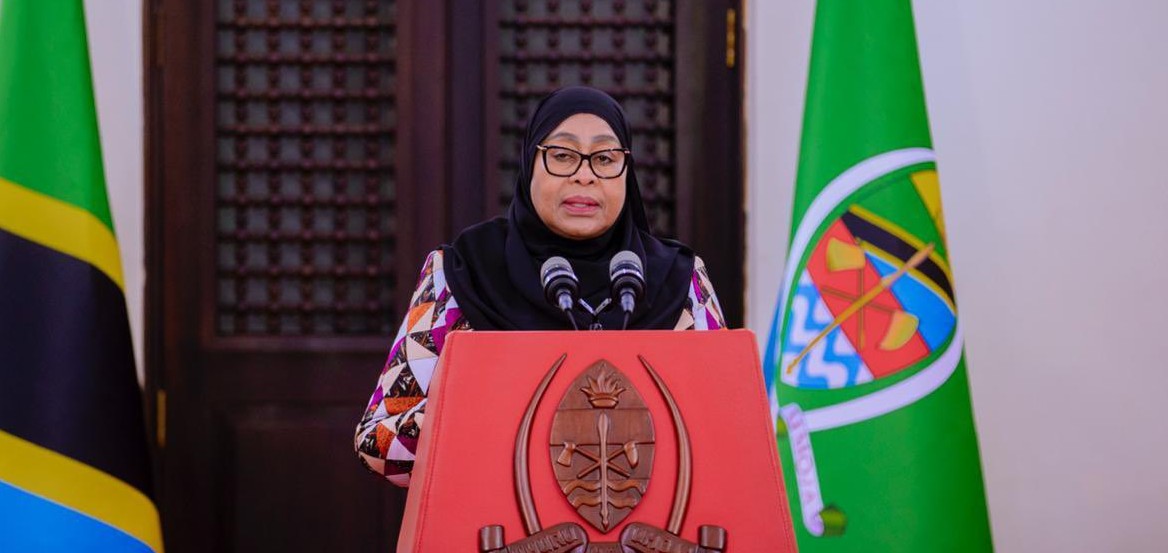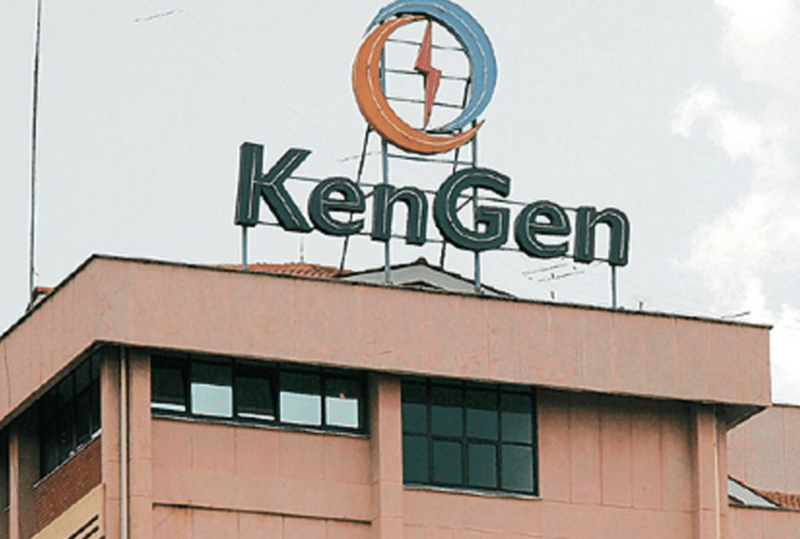Human rights groups demand disclosure of Kenyan activists’ whereabouts after alleged Kampala abduction
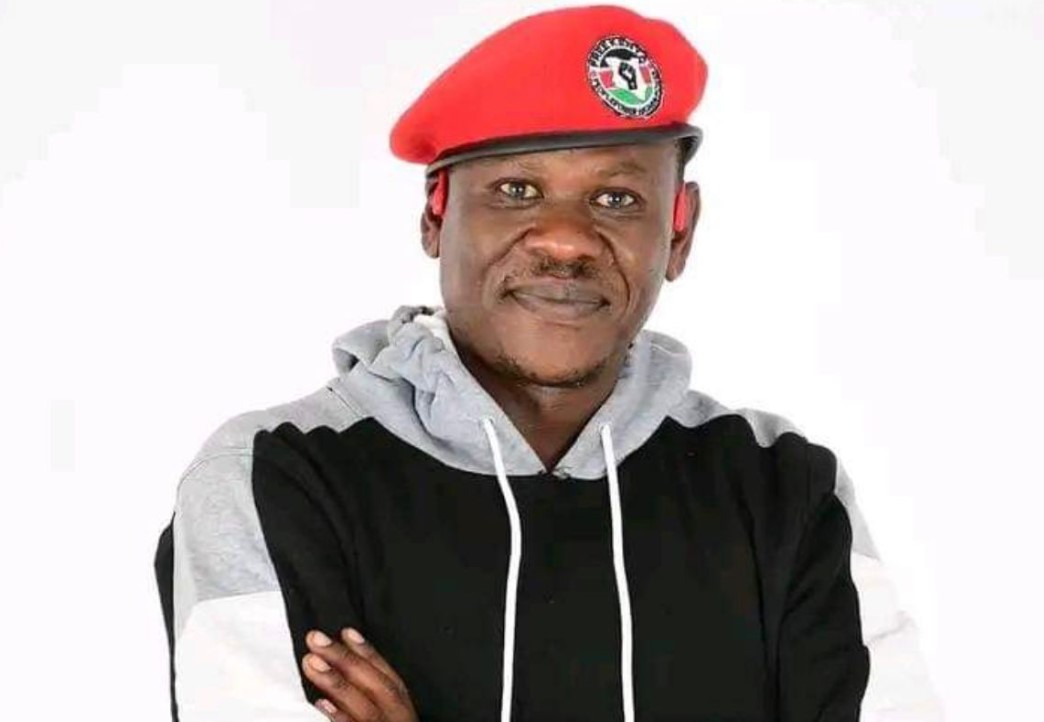
Njagi and Oyoo, who are affiliated with the Free Kenya Movement, were reportedly seized on Wednesday, October 1, while participating in the campaign trail of Ugandan opposition leader Robert Kyagulanyi, popularly known as Bobi Wine.
Human rights organisations have demanded the immediate disclosure of the whereabouts of Kenyan activists Bob Njagi and Nicholas Oyoo, who were reportedly abducted in Kampala, Uganda, by armed men believed to be security operatives.
In a statement released on Thursday, the Law Society of Kenya (LSK), Vocal Africa, and Amnesty International Kenya urged the Kenyan government to intervene to secure their release.
More To Read
- Activist Bob Njagi claims Ugandan soldiers took part in Kenya’s 2024 Gen Z crackdown
- 38 days of torture: Kenyan activists Njagi and Oyoo, abducted at gunpoint in Uganda, tell harrowing story
- Kenyan activists Bob Njagi, Nicholas Oyoo to sue Uganda in regional court over abduction
- Bob Njagi claims over 150 Ugandans held without trial by Special Forces Command
- Museveni accuses Kenyan activists Njagi, Oyoo of plotting riots, defends arrests on intelligence grounds
- Uhuru played key role in securing release of activists Njagi and Oyoo – Irungu Houghton
Njagi and Oyoo, who are affiliated with the Free Kenya Movement, were reportedly seized on Wednesday, October 1, while participating in the campaign trail of Ugandan opposition leader Robert Kyagulanyi, popularly known as Bobi Wine.
Eyewitnesses said the two were forcibly taken from a petrol station in Kireka, Kampala, in broad daylight before being driven to an undisclosed location. Their phones were switched off immediately, and their whereabouts remain unknown.
A third activist, who was reportedly detained briefly and later released, expressed fear for his safety and uncertainty over the fate of his colleagues.
In their open letter to Uganda’s Acting High Commissioner to Kenya, Ambassador Eunice Kigenyi, the three organisations urged Ugandan authorities to immediately disclose the whereabouts of Bob Njagi and Nicholas Oyoo, ensure their safety and well-being and secure their release and return to Kenya.
They further demanded that the activists be granted access to legal representation and communication with their families.
The groups also pressed Uganda to investigate the circumstances of the abduction and bring those responsible to account.
“Guarantee their right to legal representation and communication with their families and investigate the circumstances of their abduction and hold those responsible accountable,” reads the letter.
In addition, they reminded Kampala of its obligation to uphold the rights to freedom of expression, association and peaceful assembly, noting that these protections are enshrined in both Ugandan law and international human rights conventions.
They also urged Kenya to take responsibility.
“We urge the Kenyan government to actively engage with Ugandan authorities to ensure the safe release of its citizens and to ensure that cross-border activism is not criminalised or violently suppressed,” reads the letter.
Ugandan opposition leader Bobi Wine also condemned the incident, accusing the authorities of targeting activists linked to his political movement.
“We strongly condemn the abduction by armed operatives of Kenyan activists and human rights defenders Bob Njagi and Nicholas Oyoo. The two were picked up mafia-style this afternoon from a petrol station in Kireka and driven off to an unknown destination,” he said.
“We condemn the continuing lawlessness by the rogue regime and demand that these brothers be released unconditionally. The criminal regime apparently abducted them simply for associating with me and expressing solidarity with our cause.”
LSK, Amnesty International Kenya and Vocal Africa warned that Njagi’s abduction was a “grave escalation” given his history of being targeted.
In August 2024, Njagi and two brothers, Aslam and Jamil Longton, were abducted in Kenya after joining demonstrations against economic policies. They were held incommunicado for over a month, tortured and later released. Njagi has since reported being under constant surveillance and harassment.
Rights groups said his fresh abduction across the border “signals the persistence of state-linked repression intended to silence those demanding justice and accountability.”
The organisations condemned the incident as part of a wider crackdown.
“The Law Society of Kenya, Vocal Africa, and Amnesty International Kenya will continue to seek the protection and release of Bob Njagi, Nicholas Oyoo, their families and all East Africans facing repression,” they said.
They further warned that the abduction “represents yet another alarming case in a pattern of enforced disappearances of East African activists” and reflects “a systematic and coordinated assault on civil society, media and political opposition in the region.”
Human rights groups say the abduction of Kenyan activists Bob Njagi and Nicholas Oyoo in Kampala is part of a broader and disturbing pattern of cross-border disappearances and repression in East Africa.
In July 2025, Kenyan activist Mwabili Mwagodi was seized in Dar es Salaam, Tanzania and later abandoned in Kwale, Kenya, in circumstances that mirrored other cases of enforced disappearance.
Two months earlier, in May 2025, Kenyan activist Boniface Mwangi and Ugandan journalist Agather Atuhaire were abducted in Tanzania while monitoring the trial of opposition leader Tundu Lissu. Both were reportedly tortured and disappeared for a period before resurfacing.
The crackdown has also targeted Ugandan opposition figures. On April 27, 2025, Eddie Mutwe, the head of security for Uganda’s National Unity Platform (NUP), was abducted, held without communication and allegedly tortured.
Weeks earlier, on April 2, 2025, nine youth environmentalists were arrested in Kampala and charged under the “common nuisance” law after protesting against funding for the controversial East African Crude Oil Pipeline (EACOP).
Earlier in the year, in January 2025, four members of the Lubaga Social Justice Centre were arrested for allegedly making derogatory remarks about Gen. Muhoozi Kainerugaba and First Lady Janet Museveni. The activists reported being abducted and confined in a so-called “safe house” for 12 days, where they were blindfolded, beaten, denied food and water, and in one case subjected to sexual harassment.
The pattern stretches back to 2024. On November 16, 2024, Ugandan opposition leader Kizza Besigye and Haji Obeid Lutale were abducted in Kenya and deported to Uganda, where they faced treason charges in a military court.
Months earlier, on July 23, 2024, 36 members of Uganda’s Forum for Democratic Change (FDC) were abducted in Kenya and deported to face terrorism charges.
Rights groups also point to a surge in cases within Kenya itself. Between 2024 and 2025, more than 100 cases of forced disappearances were documented in the country, with some victims later found dead, their bodies showing signs of torture.
This record, activists warn, illustrates a deepening pattern of transnational repression and the silencing of dissent through abductions, torture and enforced disappearances across the region.
The rights groups said they will continue to push for justice, warning that the abductions highlight the rising trend of transnational repression in East Africa.
Top Stories Today
